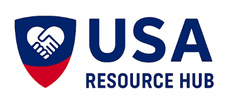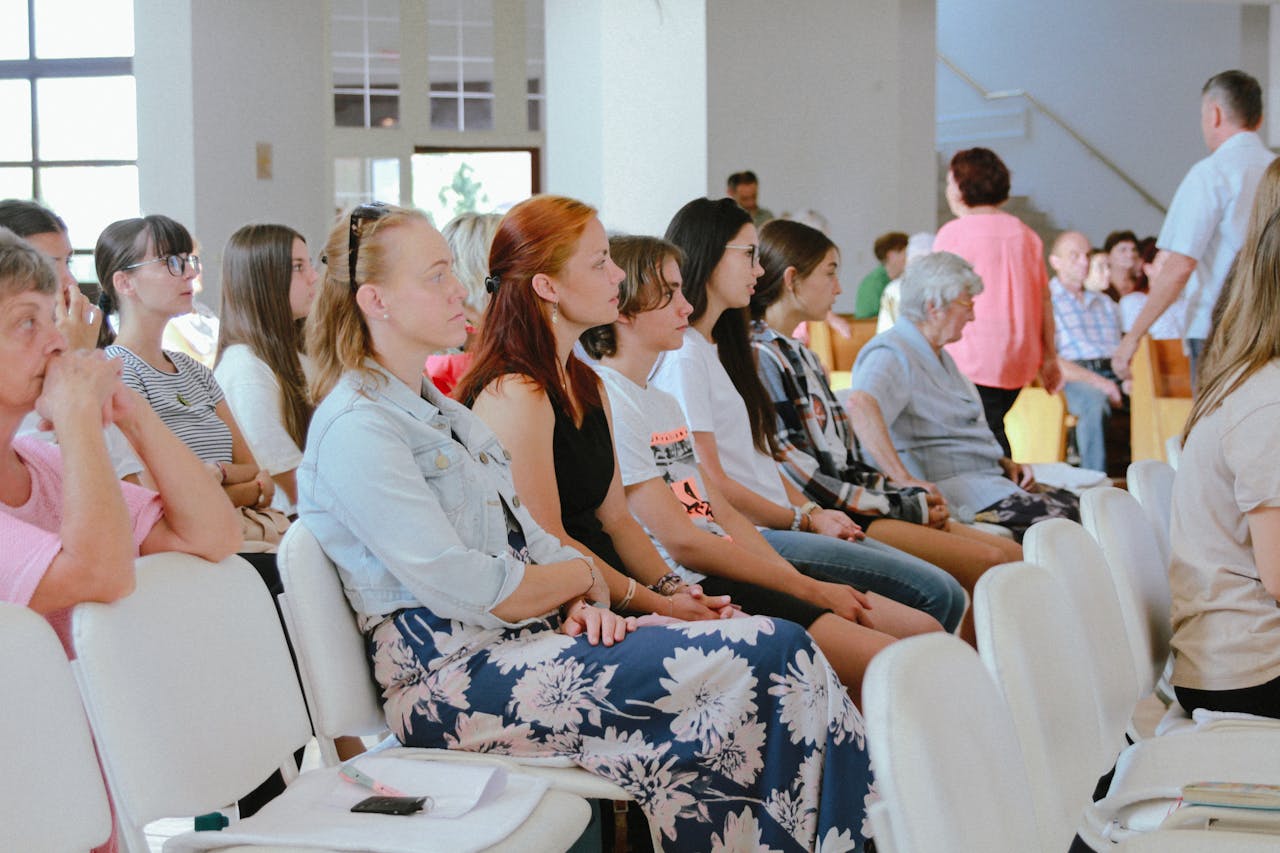When money is tight, bills are overdue, or basic needs go unmet, knowing where to turn can make all the difference. Community assistance centers exist to help individuals and families navigate financial hardship, housing instability, food insecurity, and other urgent challenges. These centers are often the first point of contact for accessing local, state, and federal support programs.
Whether you need help with rent, utilities, groceries, medical care, or job placement, finding a nearby assistance center can connect you with resources tailored to your situation. Here’s how to locate these centers, what services they offer, and how to get started.
What Are Community Assistance Centers?
Community assistance centers are local hubs that provide direct support or referrals to essential services. They may be operated by:
- City or county governments
- Nonprofit organizations
- Faith-based groups
- Community action agencies
- United Way affiliates
These centers often serve as gateways to housing aid, food pantries, utility relief, legal support, and employment services. Some offer walk-in support, while others require appointments or online intake forms.
Services You Can Expect
While offerings vary by location, most community assistance centers provide access to:
- Emergency rent and utility assistance
- Food distribution or pantry referrals
- Clothing and hygiene supplies
- Health care navigation and prescription support
- Mental health and substance use resources
- Job training and employment placement
- Legal aid for eviction, immigration, or family issues
- Transportation vouchers or fuel assistance
- Childcare referrals and parenting support
Many centers also help with applications for government programs like SNAP, Medicaid, TANF, and housing vouchers.
How to Find a Center Near You
There are several reliable ways to locate a community assistance center in your area:
1. Call 211 Dialing 211 connects you to a trained specialist who can guide you to nearby services. Operated by United Way, this free and confidential hotline is available in most parts of the United States and runs 24 hours a day. You can also search by ZIP code on the United Way 211 website.
2. Use TheHelpList.com This searchable directory allows you to find community programs by ZIP code or state. It includes listings for food pantries, housing support, medical clinics, and more. Visit The Help List to explore options in your area.
3. Contact Local Government Offices Your city or county’s Department of Human Services or Social Services often maintains a list of active assistance centers. These offices may also offer direct aid or help you apply for state-funded programs.
4. Visit Community Action Agencies These agencies operate in nearly every county and are funded to support low-income households. They provide case management, referrals, and emergency financial aid. You can find your local agency through the Community Action Partnership website.
5. Ask at Libraries, Schools, or Churches Public libraries, school counselors, and faith-based organizations often partner with assistance centers or host outreach events. Staff may be able to refer you to trusted providers or help you complete applications.
What to Bring When You Visit
To receive help or complete an intake, you may need:
- Identification for all household members
- Proof of income (pay stubs, benefit letters)
- Lease agreement or utility bills
- Documentation of hardship (eviction notice, medical bills, job loss)
- Social Security numbers or tax documents (for certain programs)
Having these documents ready can speed up the process and improve your chances of receiving support quickly.
Tips for Getting Help
- Call ahead to confirm hours and eligibility requirements
- Ask if walk-ins are accepted or if appointments are needed
- Be honest about your situation—staff are trained to help, not judge
- Follow up if you’re placed on a waitlist or referred elsewhere
- Keep copies of any forms or applications you submit
If you’re turned away or denied assistance, ask for a written explanation and explore other centers or programs nearby.
Community assistance centers are built to support people through difficult times. Whether you’re facing eviction, food insecurity, or a medical crisis, these centers can connect you with real solutions. The key is knowing where to look and reaching out early.


Leave a Reply